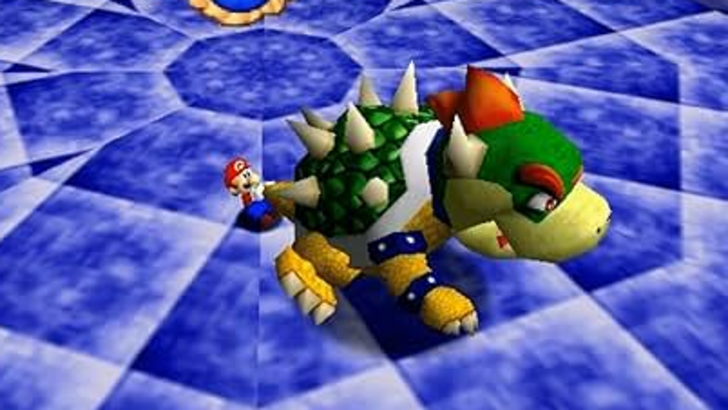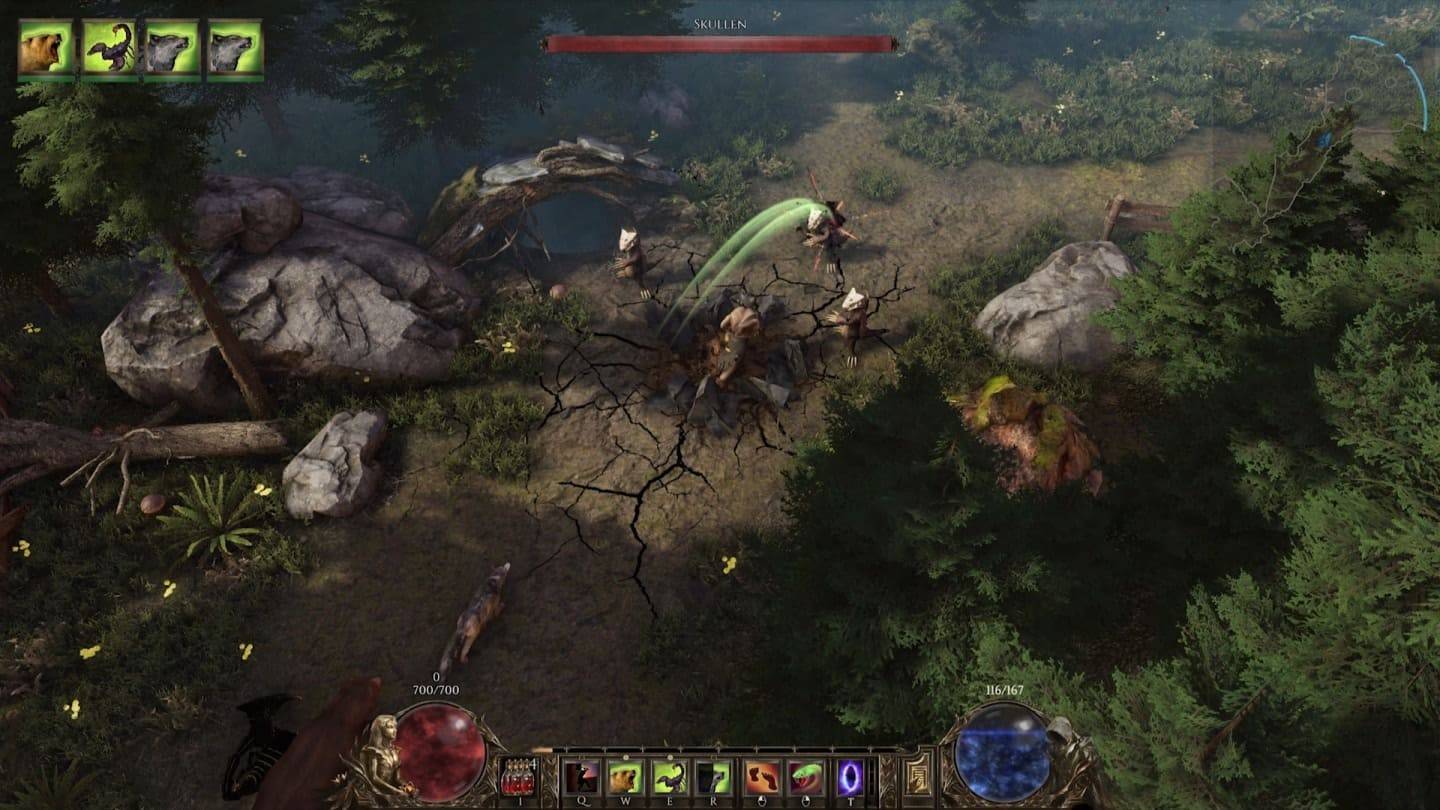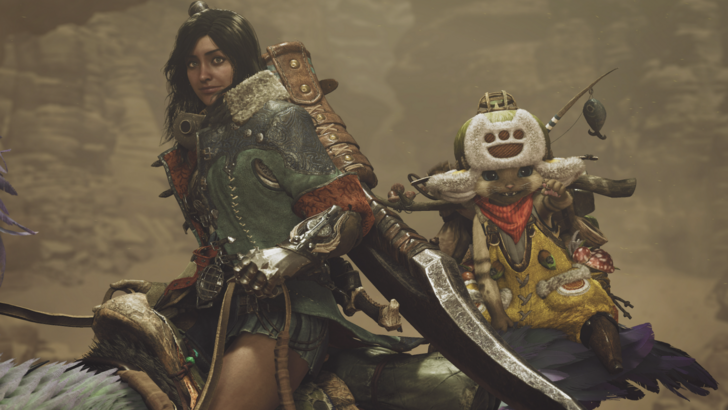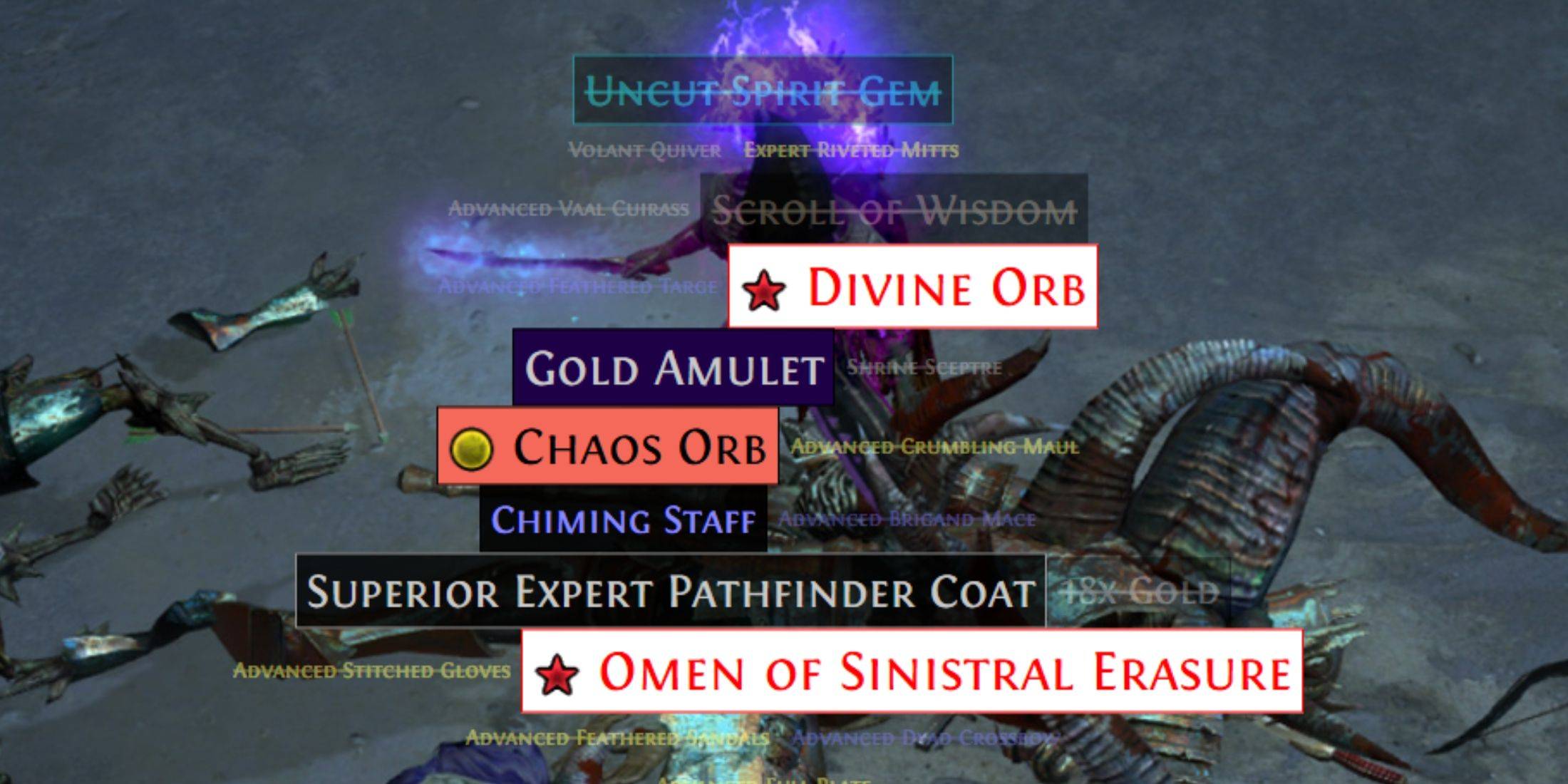The Screen Actors Guild - American Federation of Television and Radio Artists (SAG-AFTRA) has provided an update to its members regarding the ongoing negotiations with the video game industry's bargaining group over protections for actors from AI misuse. While some progress has been made, SAG-AFTRA acknowledges that the two sides remain "frustratingly far apart" on crucial issues.
SAG-AFTRA has released a chart highlighting the disparities between its proposals and those from the bargaining group, which represents major AAA gaming companies. Key unresolved issues include:
- Protection from Digital Replica or Generative AI Use: SAG-AFTRA seeks protection for all work, not just work produced after the agreement's effective date.
- Definition of "Digital Replica": The guild proposes including any performance, vocal or movement, "readily identifiable or attributable to" a performer. In contrast, the bargaining group suggests "objectively identifiable," which SAG-AFTRA believes could exclude many performances.
- Inclusion of Movement Performers: SAG-AFTRA wants to include movement performers in the generative AI agreement.
- Terminology for AI-Created Performances: SAG-AFTRA prefers "real-time generation," while the bargaining group proposes "procedural generation," a term with different implications in the gaming context.
- Disclosure Requirements: Debates continue over whether employers must disclose blending voices for digital replicas and whether a performer's voice could be used in real-time chatbots or only in scripted game dialogue.
- Consent During Strikes: SAG-AFTRA proposes withdrawing consent for digital replica use during strikes, whereas employers want to continue using them even on struck games.
- Duration of Consent for Real-Time Generation: SAG-AFTRA suggests a five-year renewal period, while the bargaining group seeks unlimited consent.
- Compensation for Digital Replica Use: Disagreements persist on minimum payments, though tentative agreements have been reached on bonus pay calculations.
- Bonus Rights: The bargaining group's proposal mirrors a SAG-AFTRA TV/Film agreement but is considered too broad by the guild, which is open to the concept with stricter boundaries.
- Tracking Digital Replica Use: SAG-AFTRA wants a system to ensure performers are paid appropriately, while the bargaining group deems this infeasible.
- Definitions of Synthetic Performers: Specific regulations for characters created entirely by generative AI systems are still under discussion.
Despite these disagreements, the chart indicates tentative agreements on bonus pay, dispute resolution, certain minimum compensation elements, consent requirements, and specific disclosures to performers. However, SAG-AFTRA expresses concern that the bargaining employers are misleading members about the proximity to a deal.
In a letter to members, SAG-AFTRA's national executive director and chief negotiator, Duncan Crabtree-Ireland, warned about the consequences of performers taking roles during the strike:
With their previously signed projects dragging their way through the production pipeline, employers are feeling the squeeze from the strike, as SAG-AFTRA members who work in video games continue to stand together and refuse to work without adequate protections. This is causing employers to seek other performers they can exploit to fill those roles, including those who don’t typically perform in games. If you’re approached for such a role, we urge you to seriously consider the consequences. Not only would you be undermining the efforts of your fellow members, but you would be putting yourself at risk by working without protections against A.I. misuse. And “A.I. misuse” is just a nice way of saying that these companies want to use your performance to replace you — without consent or compensation.
In response, Audrey Cooling, spokesperson for the video game industry bargaining group, stated:
We have proposed a deal that includes wage increases of over 15% for SAG-AFTRA represented performers in video games, as well as enhanced health and safety protections, industry-leading terms of use for AI digital replicas in-game and additional compensation for the use of an actor’s performance in other games. We have made meaningful progress and are eager to return to the bargaining table to reach a deal.
The SAG-AFTRA video game strike, ongoing for eight months, was triggered by the lack of agreement on AI provisions, despite 24 out of 25 other contract proposals being affirmed. The impact of the strike is becoming increasingly visible, with players noting unvoiced NPCs in games like Destiny 2 and World of Warcraft. SAG-AFTRA struck League of Legends after Riot allegedly tried to subvert the strike by canceling a game, and Activision confirmed recasting characters in Call of Duty: Black Ops 6 following player concerns about new voices.
Recently, two Zenless Zone Zero voice actors discovered their replacement through the game's latest patch notes.

 Latest Downloads
Latest Downloads
 Downlaod
Downlaod




 Top News
Top News









